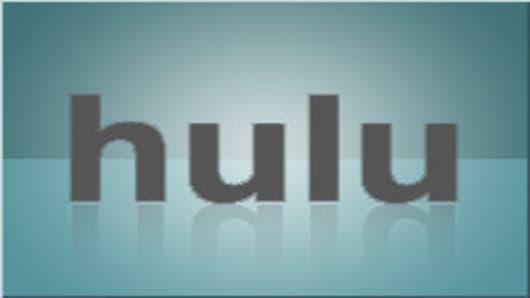Better late than never, but when it comes to NBC and Fox and the new Hulu, it's about time. I say about time because I wonder just how long big media is going to sit around and bemoan upstarts like YouTube muscling in on their territory. Woe is me, these companies have complained: They're stealing our content. They're breaching our copyrights.
But instead of calling the engineers, these companies called attorneys and wasted precious time in developing their own alternatives. So indeed, Hulu is here, and I say, "Finally!" Welcome to the party.
Apple and iTunes proved that consumers will pay for content easily and legally available, and reasonably priced. YouTube and its hundreds of millions of monthly visitors proved--and keeps proving there is a voracious appetite for online video. Google in its analyst meeting last week said millions of new videos post every hour. Yes, MILLIONS.
If content is king, the NBC Universal and News Corp should be sitting pretty. Movies from Fox and Universal, content from 14 cable channels, Fox, NBC. A wealth of material. Competition makes for strange bedfellows. And Hulu goes to show just how much. Late to the party, sure, but possibly the life of the party as digital entertainment gains momentum. Remember, Viacom sued YouTube and then locked arms with Joost.
Big media is starting to get it, determined not to suffer a Napster/BitTorrent redux. And so far so good for Hulu, based on the early reviews.
From Forrester Research analyst James McQuivey this morning: “(Hulu) beats our expectations of what the company would achieve. It syndicates video, enables sharing, and does it all with top-notch content and a design flare reminiscent of Apple. If Hulu can keep expenses down, the company stands as a threat to competing online TV companies like Joost as well as old-line cable companies.”
All of this reminds me of another industry that faced attack from an online threat. Remember Webvan, the online grocer that ultimately became a billion-dollar web flame-out? Well capitalized, well publicized, but unable to succeed. Amazing to me that big grocers with distribution centers already on every neighborhood (you know, markets?) lost ground because they didn't have web sites or delivery trucks.
And Webvan failed because it wouldn't partner with the chains. The company failed and now Safeway here in Northern California--and grocery stores elsewhere--offer online delivery.
YouTube has the eyeballs. So does iTunes. But Viacom showed how tenuous a relationship with an online upstart can be. Same goes with NBC, which turned its back on Apple in favor of Amazon after that relationship went sour.
As big media tries to control its own distribution, and artists like Radiohead end run recording labels to appeal to fans directly, new media upstarts full of themselves run the risk of watching their star status fade.
Questions? Comments? TechCheck@cnbc.com


